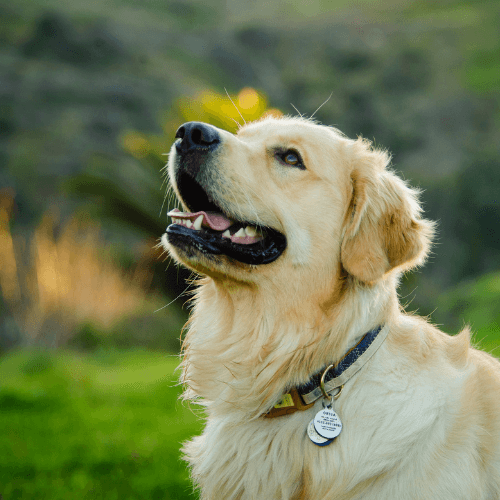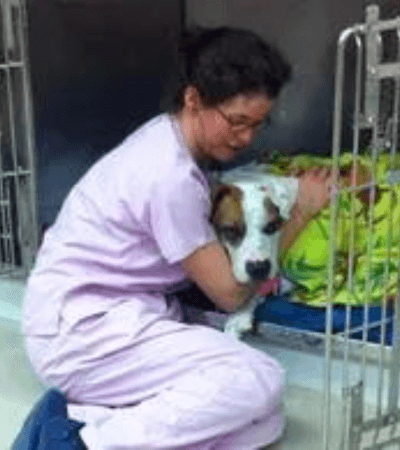We Care For All Animals
All animals deserve compassionate veterinary care in Salem, CT.
Welcome To Salem Valley Veterinary Clinic
We are committed to serving the community of Salem, CT, and the surrounding areas by providing the highest level of veterinary care built on knowledge, compassion, and integrity to make a difference in the lives of cats, dogs, equines, and their owners.
We believe in treating every patient as if they were our own and are a group of highly trained, experienced animal lovers who are devoted to providing our patients the best care possible.



Complete Veterinary Services For All Animals
We combine experience and compassion with cutting-edge technology to provide you and your pet with state-of-the-art service with a personal touch.
Pet Wellness
Wellness exams can help identify health conditions and prevent future illnesses.
Pet Diagnostics
We offer cutting-edge diagnostic tools to gain profound insights into your pet’s well-being.
Pet Surgery
Our veterinary team is here to support you through the process of your pet’s surgery.
Dental Care
We are proud to provide both small animal dentistry services as well as equine dentistry.




Meet Our Veterinary Team
The veterinary team at Salem Valley Veterinary Clinic consists of experienced veterinarians, veterinary technicians, and support staff who possess a deep passion for animals and a strong commitment to their health and welfare. Our collective expertise and knowledge allow us to address a wide range of medical conditions, provide preventive care, and perform various procedures.
Beyond our professional competence, the veterinary team at Salem Valley Veterinary Clinic takes pride in our compassionate approach. We understand that veterinary visits can be stressful for both animals and their owners, and we strive to create a calm and comforting environment.


